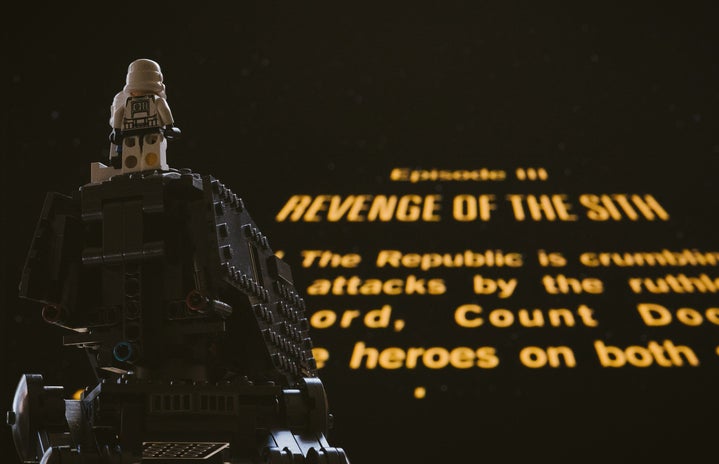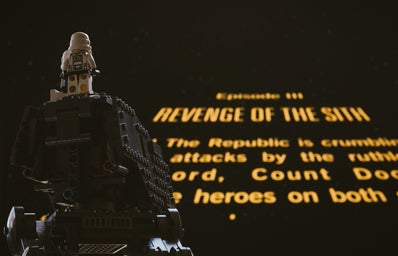The sci-fi genre began to emerge at the end of the 19th century along with the futuristic imagination of how inventions arising from the Industrial Revolution could impact the world. But it was through American magazines in the following century that the name Science Fiction became popular.
Although films of this genre have existed since the 1930s, their peak occurred between the 1970s and 1980s, reaching the highest box office rates in the world of cinema, reaffirming the public’s fascination with futuristic works from other galaxies.
However, the impact that the Star Wars franchise left in this field was important, so in this text, we compare the world before and after the phenomenon that George Lucas‘ saga became after its release on the big screen.
BEFORE STAR WARS
During the 50s and 60s, themes linked to politics, emphasizing the American perspective, such as the Cold War, Imperialism and the trip to the moon, were treated in science fiction films given the important position of the United States in these topics on a global scale. Because of this, these works did not have a very playful and fanciful content. Classics like 2001- A Space Odyssey and Planet of the Apes were released in theaters.
1970s, the decade of Star Wars
Now in the 70s, productions linked to sci-fi increased, with the return of Stanley Kubrick directing A Clockwork Orange (1991), the launch of the Mad Max franchise, Star Trek and Allien.
Despite all these titles mentioned above, it was on May 25, 1977 that the world discovered the hero’s journey of a young man named Luke Skywalker in a galaxy far far away. Star Wars: Episode IV – A New Hope, a film written and directed by George Lucas, with an epic soundtrack composed by John Williams, revolutionized the film industry with its special effects.
At the time, it was very expensive and laborious to produce such effects, but due to the dedication of LucasFilm together with Industrial Light & Magic, the Star Wars universe came to life and marked a visual identity in CGI.
After Star Wars
From the 80s onwards, films with “better” CGI and more playful themes began to be released. Now a new audience was targeted by the science fiction genre: young people and children who just wanted to have fun with a good film at the movies.
Of course, there were still films with a serious touch of war and destruction in dystopian universes, such as Blade Runner, Dune, Robocop and The Matrix. But films like the Back to the Future trilogy and Jurassic Park brought more light and fun stories for the whole family, in addition to being other references in terms of CGI, being part of the affectionate memory of many at the time.
Since then, science fiction works have increasingly evolved in special effects and CGI, making it essential for a good film of this genre to be produced.
Films such as The Day After Tomorrow, V for Vendetta, Avatar and Player One are the results of decades of hard work that sought to show dystopian technological universes with the best visuals possible.
Star Wars: morhe than a sci-fi franchise
In addition to the impact on the science fiction genre, it is important to highlight the impact of the Star Wars saga on the universe of pop culture.
By creating fantastic elements with CGI, George Lucas incorporated his ideas into iconic characters and objects that marked the world. Everyone, even without having seen any of the films, knows what a lightsaber is, has heard of an animalistic figure called Chewbacca or even the name of a certain Millennium Falcon.
The Star Wars audience is significant and as the decades passed by it seemed to increase, mainly with the continuation of productions involving the universe of the saga in more films, series, books and comics.
But people’s fascination with the work since the 70s is understandable. The movies talk about themes such as peace, justice and hope in a fun way without taking away the weight and complexity of these subjects with characters that are identifiable and captivating to the public.
The fact that there is a day that celebrates the franchise (with a name referring to one of the most iconic phrases in the saga) further reinforces the impact not only on cinema, but on the world.
—————————————————————–
The article above was edited by Isadora Quaglia.
Liked this type of content? Check Her Campus Cásper Líbero home page for more!


